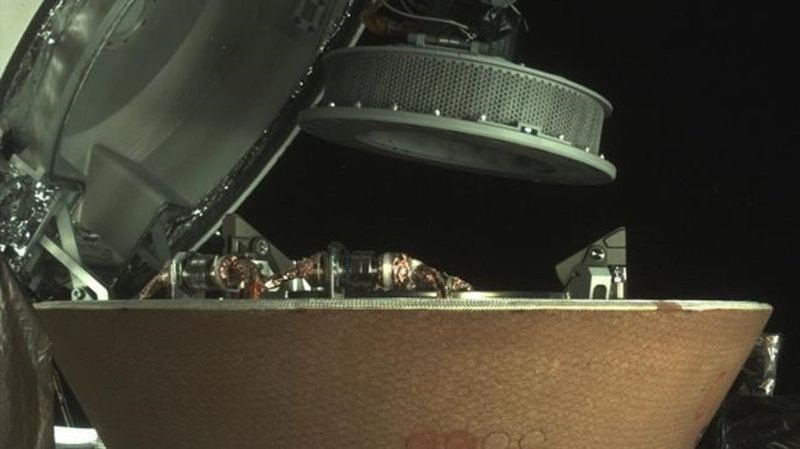
Asteroid samples tucked into capsule for return to Earth
CAPE CANAVERAL, Fla. — A NASA spacecraft more than 200 million miles away has tucked asteroid samples into a capsule for return to Earth, after losing some of its precious loot, scientists said Thursday.
Flight controllers moved up the crucial operation after some of the collected rubble spilled into space last week.
The Osiris-Rex spacecraft gathered pebbles and other pieces of asteroid Bennu on Oct. 20, briefly touching the surface with its robot arm and sucking up whatever was there. So much was collected — an estimated hundreds of grams’ worth — that rocks got wedged in the rim of the container and jammed it open, allowing some samples to escape.
Whatever is left won’t depart Bennu’s neighbourhood until March, when the asteroid and Earth are properly aligned. It will be 2023 — seven years after Osiris-Rex rocketed from Cape Canaveral — before the samples arrive here.
